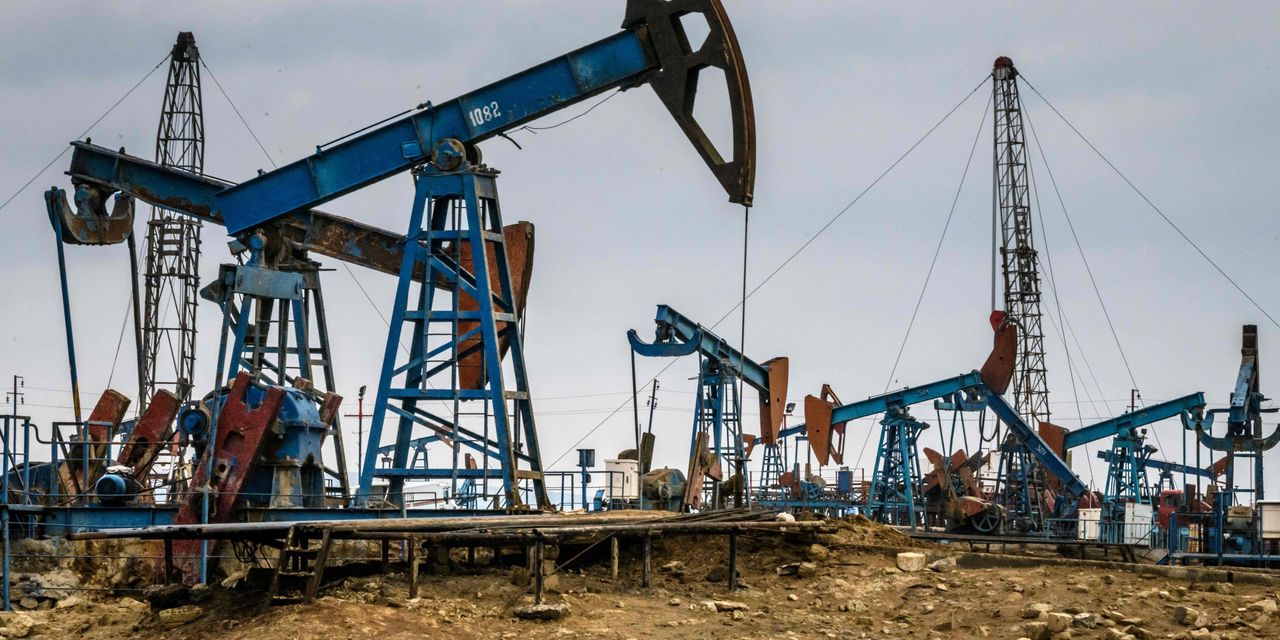
Commodity prices — across food, energy and metals — are undeniably rising.
Oil CL.1, +2.68% is up 95% from its March 2020 lows, and copper HG00, +2.69% has surged 91% from its depths. Corn futures C00, +0.66% have gained 47% over the last 12 months.
That has led to talk of a supercycle, an upward price cycle of commodities lasting decades, and outlasting the typical economic cycle. There have generally been thought to have been four supercycles in the last 100 years, with the last one starting in 1996 and ending in 2008.
There have been analysts, including highly regarded JPMorgan quantitative strategist Marko Kolanovic, who say the beginning of a fifth supercycle has started.
A few broker notes this week have pushed back on that idea. Analysts at Liberum Capital led by Tom Price aren’t buying the supercycle idea. “Rising consumption rates across Asia, the Americas and Europe are probably only normalizing from their lockdown lows. There is no evidence that they are now exceeding levels reported pre-virus,” said Price.
Importantly, there aren’t reports of major materials-intensive projects being rolled out in any of the major economies. Fast-growing China, in fact, is talking of withdrawing stimulus.
HSBC’s Paul Bloxham, the chief economist for Australia, New Zealand and global commodities, also isn’t buying the supercycle talk.
Bloxham points out that as economies reopen, spending may shift back to services from the goods — like personal electronics — that require metals. He also noted that China is in a different stage of development.
But what of infrastructure spending plans from the European Union, and proposals from the Biden administration? “Both of these are substantial and could clearly underpin demand for metals,” he said. But, much of the demand for metals used in developed-market construction comes from recycled materials.
“The key exception to this is likely to be increased electrification, particularly of motor vehicles, which requires new electrical networks. We see the battery-related commodities, including copper, as likely to benefit,” he said.
Also read: Worried a commodity boom will wreck corporate profit margins? Here’s a surprise











Add Comment